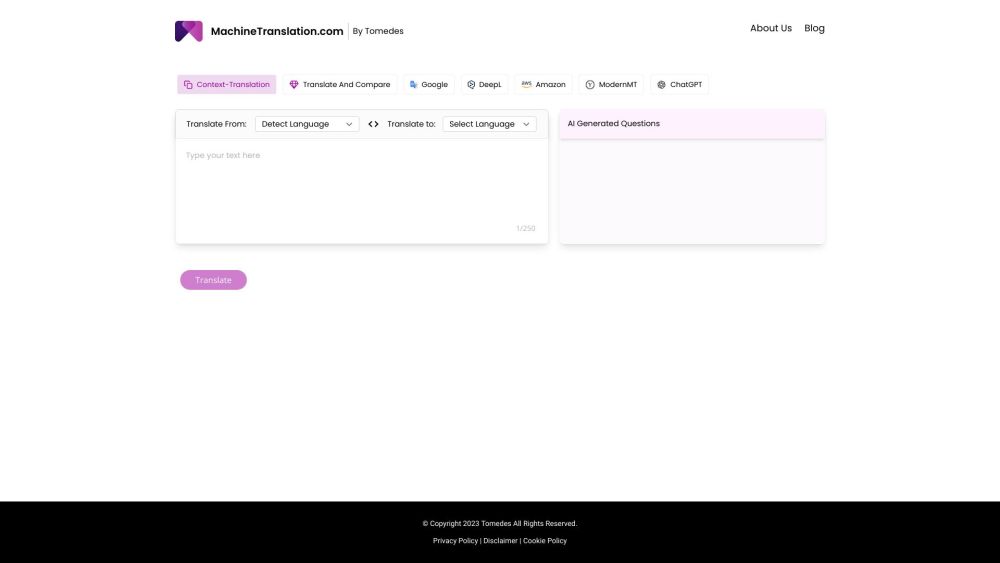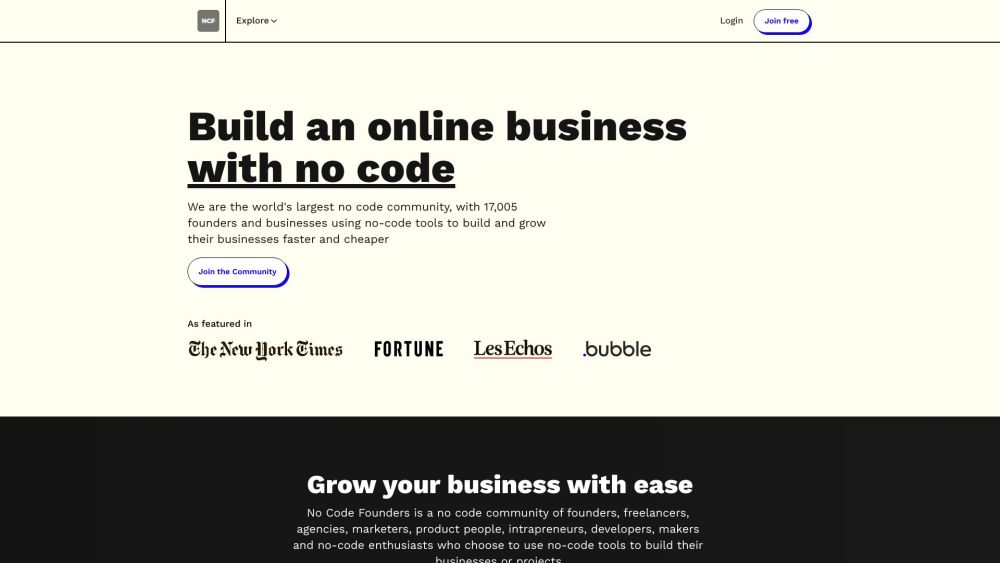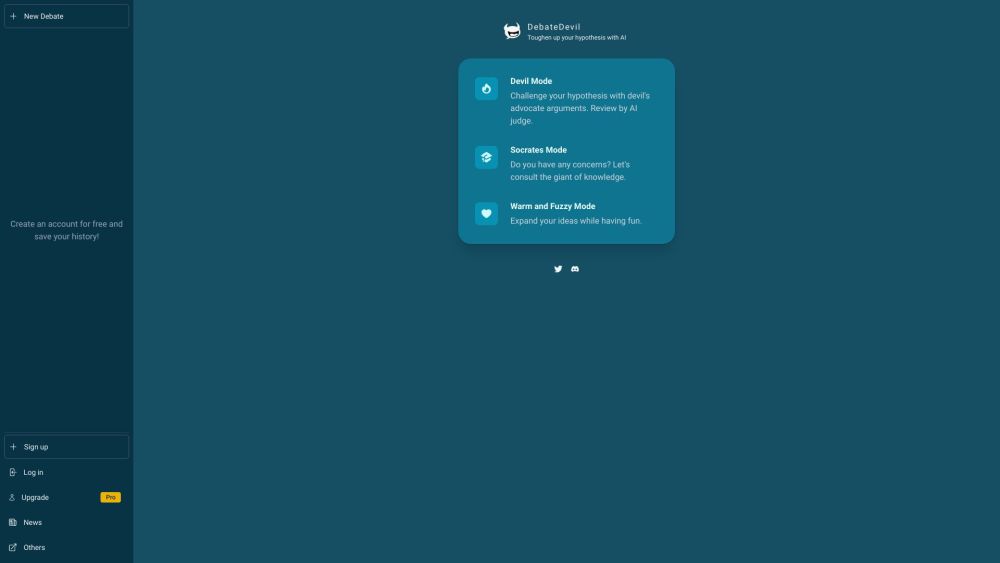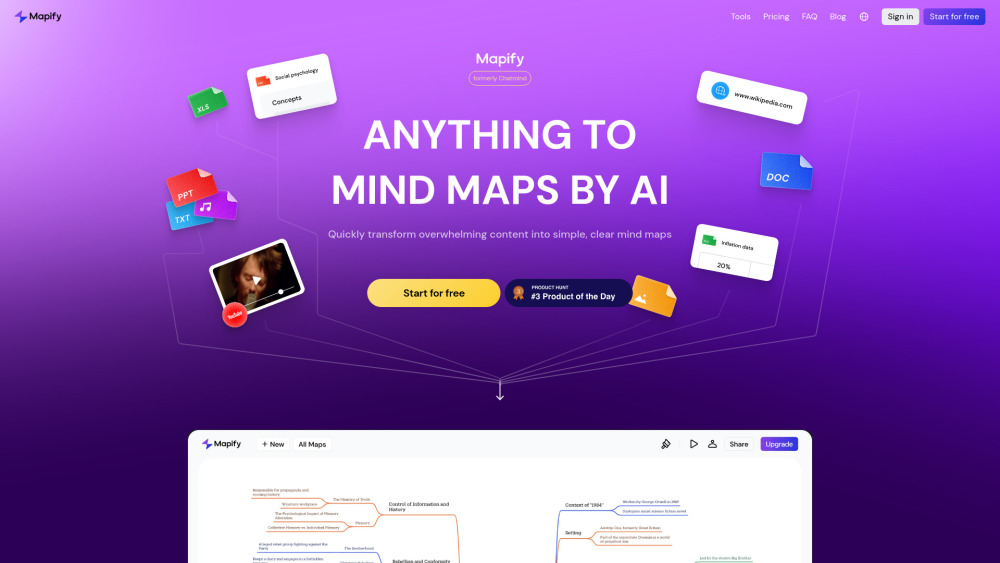As the Gulf region emerges as a strategic player in the ongoing tech rivalry between the U.S. and China, Microsoft is solidifying its presence through a significant investment in one of the Middle East's wealthiest nations.
On Monday evening, Microsoft announced a substantial $1.5 billion strategic investment in G42, an Abu Dhabi-based company that is quickly establishing itself as a leader in the United Arab Emirates’ (UAE) artificial intelligence sector. This minority stake will grant Brad Smith, Microsoft’s Vice Chair and President, a position on G42’s board of directors.
This deal represents more than just a commercial alliance between two AI powerhouses; it underscores the strategic interests of both nations amid rising geopolitical tensions. The investment comes as U.S. lawmakers express growing alarm over G42’s connections to China. In January, the bipartisan House Select Committee on the Chinese Communist Party urged Commerce Secretary Gina Raimondo to add G42 to the Entity List, which would prevent the Emirati company from accessing critical U.S. technologies.
Placing G42 on this list would subject it to the same security apprehensions faced by Huawei, which was added in 2019 and has since struggled to obtain essential U.S. technologies, including advanced chips and specific Android services. Consequently, Microsoft's investment may reflect an assessment of G42's alignment in this geopolitical landscape.
Navigating a Delicate Balance
As the UAE treads a fine line between the U.S. and China, it finds itself in a complex position. Though historically a close ally of the U.S., the UAE has recently shifted its foreign policy towards deeper engagement with China, a pivot that raises concerns in Washington. Last year, UAE President Mohamed bin Zayed attended Russia’s prominent economic forum, a gathering largely boycotted by the West in response to the Ukraine conflict. Additionally, military cooperation with China has grown, including plans for their inaugural joint air force training.
On the commercial front, the UAE is becoming an attractive destination for Chinese investors and entrepreneurs, especially as many find themselves sidelined from the U.S. market. Chinese fund managers are increasingly seeking investment opportunities in the UAE and its affluent neighbors, as American limited partners withdraw from China. Benefiting from the UAE's commitment to energy transformation, China's electric vehicle manufacturers have been actively marketing their models in the region. For instance, last year, the premium EV manufacturer Nio secured a remarkable $738.5 million investment from an Abu Dhabi-backed fund.
Given the burgeoning economic ties between the two countries, it’s not surprising that G42, at the forefront of the UAE's AI initiatives, has forged connections with Chinese firms. However, what may appear as commercial partnerships has sparked significant apprehension in the U.S.
In its correspondence to Raimondo, the House Select Committee on the CCP highlighted G42’s relationships with major Chinese corporations such as Huawei, Beijing Genomics Institute (BGI), and Tencent.
Concerns Extend to Leadership
The Committee also noted that G42’s CEO, Peng Xiao, previously held a senior role at DarkMatter, a company known for developing surveillance technologies that can target dissidents, journalists, and even U.S. enterprises. Regarded as a potential conduit for Chinese firms to access sensitive U.S. technologies under export control, G42’s extensive commercial relationships with American firms—including Microsoft, Dell, and OpenAI—have raised alarms within the Committee.
A Strategic Alliance
The collaboration between Microsoft and G42 marks a rare instance of explicit governmental support from both sides. According to the announcement, this partnership comes with commitments from both the U.S. and UAE governments through an innovative binding agreement that emphasizes best practices for the secure and responsible development of AI.
Should this deal be finalized, Microsoft will become G42’s official cloud partner. Under this framework, G42’s data infrastructure will transition to Microsoft Azure, facilitating G42’s AI product advancements. G42 has already partnered with OpenAI since 2023.
This partnership aligns with G42’s ongoing initiative to distance itself from Chinese influence; the company has divested from its China-related assets, including its stake in TikTok parent ByteDance. Last year, Xiao indicated that G42 intends to eliminate Chinese hardware, stating, “We cannot work with both sides.”
In exchange, Microsoft stands to gain extensive market access in the region, with its AI solutions and Azure technology being deployed across various sectors, including finance, healthcare, energy, government, and education. The collaboration will also introduce a $1 billion fund aimed at enhancing AI skills in the UAE and the wider region.
As tech companies grapple with the complexities of choosing sides in the U.S.-China rivalry—whether concerning technology suppliers, customers, or investors—the unfolding narrative around G42 exemplifies how even a nation like the UAE, striving for neutrality, may ultimately be compelled to take a definitive stance.





